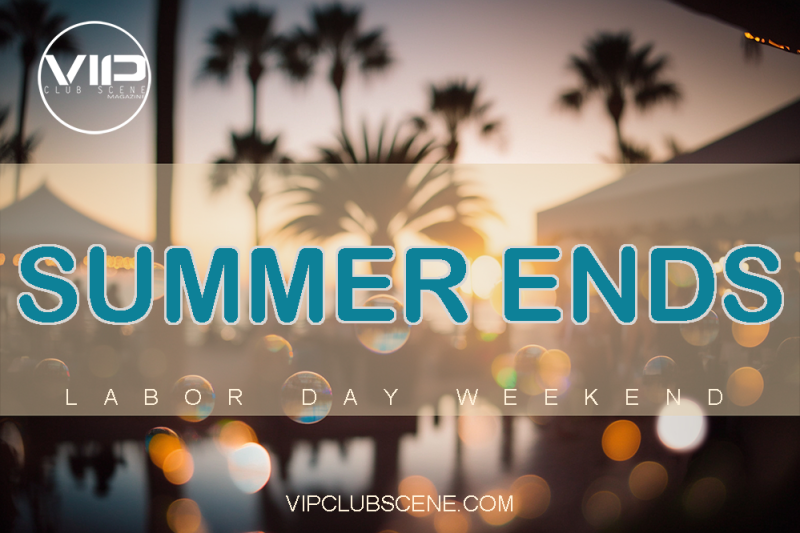SUMMER ENDS
As the final days of summer shine brightly, Labor Day weekend emerges as the last beacon for water enthusiasts to dive into their favorite activities. From pool parties to beach vacations, this long weekend has often been seen as the closing ceremony of the sunny season. As we bid farewell to warm nights and beach barbecues, we simultaneously usher in the cooler, autumnal months that lie ahead. This cyclical transition is an annual ritual, and each year, society buzzes with anticipation, plotting ways to craft an even more memorable summer experience for the coming year. As we reminisce about the past and plan for Summer 2024, it’s also a good time to ponder: What does Labor Day truly represent?
For many, Labor Day weekend is synonymous with vibrant parties, bursting fireworks, and perhaps even that lingering hangover marking the culmination of summer festivities. The words “LABOR DAY WEEKEND 2023 WAS THE BEST YEAR EVER!” might be echoed in the minds of partygoers. However, at its core, Labor Day is far from just another summer festivity. It’s a day of recognition, a tribute to the tireless laborers who drive our society forward, keeping the wheels of progress in motion.
But how did we get here? How did a day dedicated to honoring workers become a weekend of massive celebrations?
To understand this, we must travel back to the late 19th century. As the history books tell us the origins of Labor Day can be traced back to the labor union movement, particularly the eight-hour workday movement, which advocated eight hours for work, eight hours for recreation, and eight hours for rest. The first Labor Day parade took place in New York City in 1882. Following years of advocacy and demonstration by workers and labor unions, Labor Day was recognized as a federal holiday in 1894.
While the origins of the Labor Day holiday are deeply rooted in the workers’ movement, over time, the nature of the holiday has evolved. As with many holidays, societal and cultural shifts have influenced how we celebrate and perceive Labor Day. The idea of giving workers a day off became synonymous with leisure and relaxation, allowing families and communities to come together. By the 20th century, as the influence of labor unions began to wane, the holiday started to become more commercialized. Businesses capitalized on the long weekend with sales and promotions, and soon, the entertainment industry caught on.
There isn’t a clear record of when the first party was thrown in celebration of Labor Day Weekend, but it’s safe to say that as the 20th century progressed, the association of Labor Day with end-of-summer festivities grew stronger. Today, in many parts of the country, Labor Day is less about labor unions and more about the unofficial end of summer.
As we enjoy the final splash of this summer, let’s also remember the essence of Labor Day. Beyond the parties and revelries, it’s an opportunity to honor and appreciate the hard work and contributions of laborers past and present. And while we eagerly plan for the adventures of Summer 2024, let’s carry forward the spirit of gratitude and appreciation for the workers who make it all possible.
